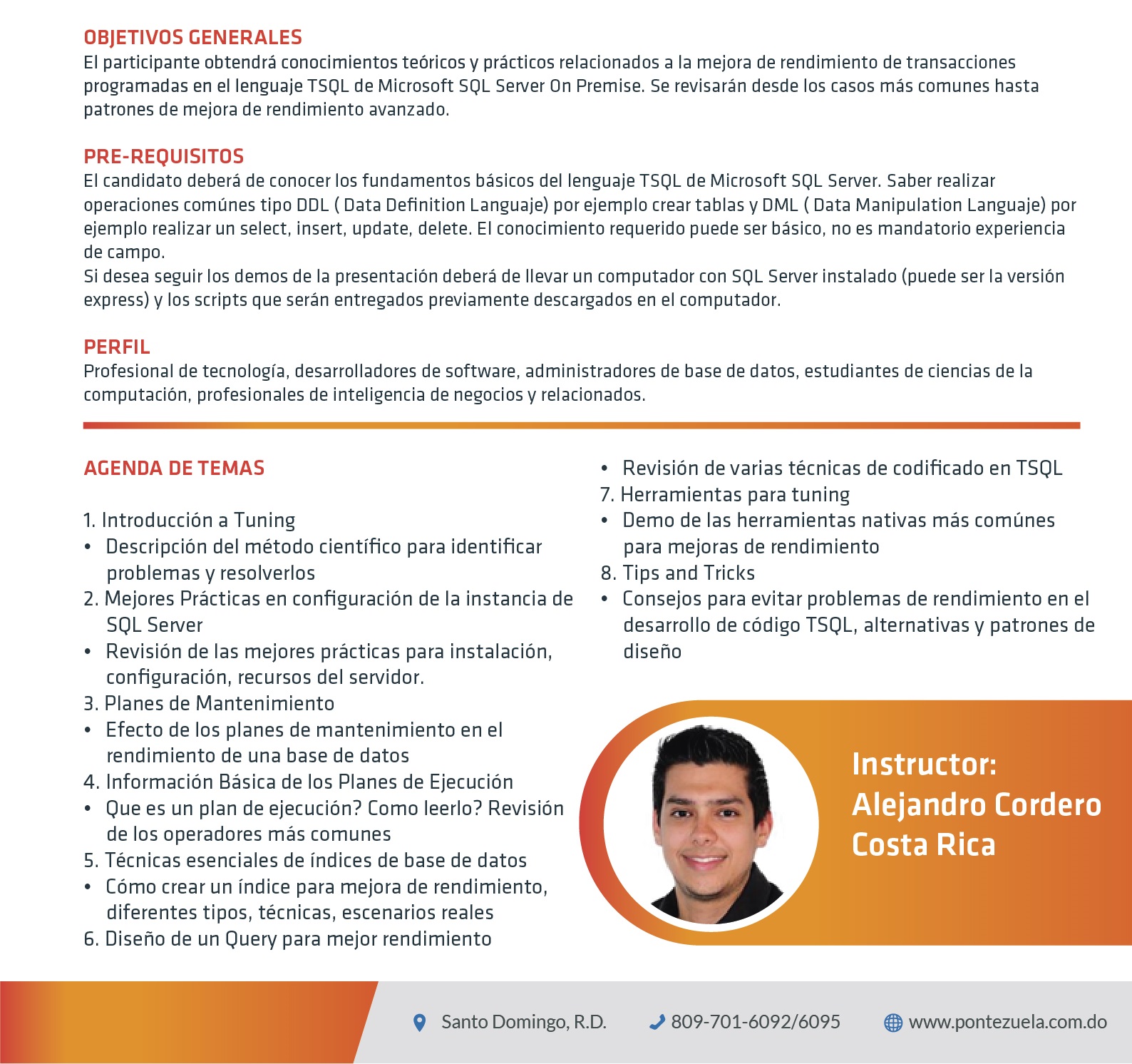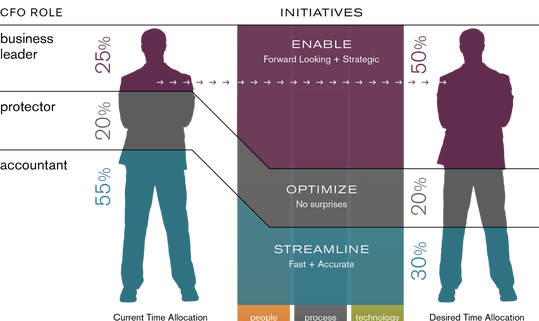Asset Laundering Prevention Platform








The days have passed when the responsibilities of the Financial Director were Accounting, Treasury and Taxes.
Technology has rapidly transformed the role of the CFO and the expectations of this function in the organization. Having access to important data in almost real time, many of the traditional expectations are no longer sufficient. Over the years, with the abundance of available analytical tools, tables and all kinds of graphs, the Chief Financial Officer has the ability to link: strategy and operation.
The CFO’s responsibility is to provide wise financial advice for the business to increase revenue for shareholders. Today, the flow of financial information in real time greatly improves the ability of a Director to detect patterns, predict the behavior of strategic variables and define a course of action. Actual results, main indicators (K {Is), help identify potential risks and positively influence timely advice. The dynamism in making informed decisions has become the heart of all finance departments.
The financial planning tools used should be able to help financial leaders shorten the feedback cycle with other members of senior management to allow them to make corrective decisions. Adaptive Insights is a financial solution that manages to meet these requirements. This platform has managed to transform the way in which companies manage their planning and create value in traditional finance processes, with real-time access to information, analysis, and corrections of strategies, are a great competitive advantage.
One of the biggest challenges of this era of communication and instant feedback is the tendency to drown in noise and not be able to recognize the signals until it is too late. You must learn to distinguish signals from noise.
With the arrival of intelligent and analytical solutions, we are now better able to relate external events to internal revenue trends and to be able to isolate more erroneous hypotheses that destroy value. It has become one of the CFO’s most important responsibilities to identify these trends and alert other directors with solutions to address the challenge before it is too late.
The growing importance of real-time data means that it is vital to protect the accuracy and integrity for a company, of any size, and thus mitigate financial risk. At the same time, it means that CFOs and financial professionals have a growing role in protecting company data.
Today, data risk management is an integral component of every financial audit program. With the huge cost of losing data integrity, it is essential to invest in systems and processes that prevent data failure, rather than paying to clean up the mess later.
Adaptive Insights is a cloud platform that guarantees secure access to information, is available 24 hours a day, 7 days a week, and ensures that the entire work team accesses a single source of information. And it does not require administration by the Technology area.
The result: Change the time allocation of the Financial areas: Automate operational tasks to focus on strategic activities.

CEO Grupo Pontezuela Technology
In analytics, nothing matters more than the quality of the data. The practical way to control data quality is to do it at the point where the data is created. The cleaning of the data in a downward direction is expensive and not scalable, since the data is a byproduct of business processes and operations such as marketing, sales, plant operations, etc. But controlling the quality of the data at the point of creation requires a change in the behavior of those who create the data and the IT tools they use.
Enter the head of data, or CDO (Chief Data Officer). CEOs are increasingly adding the CDO role to their management teams to address the big business problems that come with the data. Many CDOs want to improve data quality, but motivating this change requires that CDOs create new incentives and organizational processes. Without the ability to do both, your efforts will fall flat.
Here is an example. The data and analytics director (CDAO) of a consumer products company is struggling to manage the end-user consent data. Users give their consent for the use of the information collected by the company on the company’s website, in an application, in the connectivity characteristics of the product and at the point of sale. Consent agreements are created by the relevant business units and reviewed by their legal teams. Part of the challenge for this CDAO is that the terms that govern aggregate data are unclear. It is difficult to find out what the company can and cannot do with the combined data. As a result, maintaining and using the merged data set is expensive and complicated.
The CDAO needed to solve two problems that were not contemplated in its original scope of work: integrate data governance in the product development process and guide the development of the IT systems that collect and manage consent information. The CDAO had not established a formal or informal influence on these seemingly unrelated business processes, so it finally failed to address the problem.
Because the quality of the data collected determines its value as a corporate asset and the amount of incremental work required to make it usable, CDOs must work throughout the company to control and improve the quality of the data. This requires close collaboration with the operating units and IT. Here are five levers that the CDO can use to show why spending time on data quality is important:
Low quality data can be a source of waste in business operations. A large manufacturer of durable goods wanted to quantify the value of the IT portfolio to its product development function. Using the concepts of lean manufacturing, he modeled the time that engineers spent creating and transforming data. It was found that engineers spent about 60% of their time transforming, translating and reconciling information, that is, time “without added value.” This model was used to create a road map to increase productivity by improving the quality of information and an advanced analysis model to optimize the IT portfolio. Quantifying the impact of data quality on the efficiency of operations, and then helping operations improve their data quality to obtain savings, is a win-win.
High quality data can reduce the cost and risk of IT projects. The same manufacturer analyzed the historical performance of its large IT projects. It was found that data quality was one of the three main causes of project delays and cost overruns. IT projects did not understand the quality of the data that had to be loaded into newly developed systems. This resulted in having to redo the work and code to set the quality of the data. The projects spent an average of 12% of their budget in the treatment of data quality problems, which resulted in an excess cost of 4% after exhaustion of reserves. Ensuring that data quality issues are identified before planning IT projects, and working to ensure coordinated action to address them, is an opportunity for the CDO to achieve a victory for IT while ensuring that the quality of Data is controlled in the future in IT systems.
Clean data allows for better and faster analytics. When analysts practice an analytical project, they can spend 80% of the time preparing the data for analysis. Because different projects often require data overlap, there is a potential for overlapping work. Improving data quality reduces the cost of creating and maintaining analytical data assets, which reduces the costs of analysis. It turns analytical consumers into business functions in advocates of data quality.
Good data practices are good for compliance. Traditional companies, that is, companies whose basic product is not data, can be adverse to the risks posed by data collection and storage. The CDO can convince compliance, auditing and legal functions that a systematic approach to data management can reduce risk while improving operational efficiency and increasing data quality.
This website uses cookies to optimize your browsing experience, improve performance, analyze traffic, and personalize content. You can accept all cookies or manage your preferences at any time.
